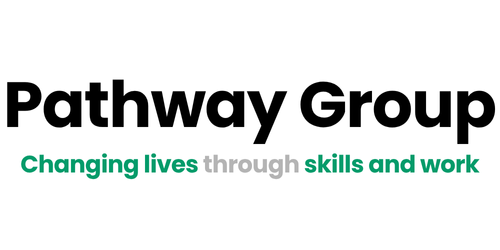How to Stand Out and Impress in Your Next Job Interview
Interviews are a critical step in achieving your career goals, but they can be daunting. The good news? With the right approach, you can make a strong impression and position yourself as the ideal candidate. From preparation to follow-up, here’s how to ace your next interview.
The Power of First Impressions
First impressions set the tone for your interview, often forming within the first seven seconds. A confident smile, a firm handshake, and steady eye contact can communicate volumes about your professionalism and enthusiasm. Equally important is your attire—dressing one step above the company’s standard dress code shows respect and helps you feel more confident. Don’t forget the little details, like polished shoes and a tidy appearance, which can enhance your professional image.
- Pro Tip: Practise your handshake with a friend to strike the right balance—firm but not overpowering.
Preparation is Key
Preparation is your best ally in an interview. Start by researching the company thoroughly. Understand its mission, recent achievements, and organisational culture. This knowledge not only informs your answers but also demonstrates your genuine interest in the role.
Equally important is practising your responses to common questions, especially the dreaded “Tell me about yourself.” Use the past-present-future framework to keep your answer concise and engaging. For example, briefly highlight your previous roles, mention your current accomplishments, and explain how this role aligns with your future aspirations.
- Pro Tip: Answer behavioural questions using the STAR method (Situation, Task, Action, Result). Structure keeps your responses clear and impactful.
Your Body Speaks Volumes
What you say in an interview is important, but how you say it—and what your body language conveys—can be equally impactful. Maintain good posture, make steady eye contact, and keep your gestures natural and open. Avoid habits like slouching, fidgeting, or crossing your arms, which can signal disinterest or nervousness.
To fine-tune your non-verbal communication, practise in front of a mirror or record yourself to identify any distracting habits. Remember, confidence isn’t just heard—it’s seen.
Handling Questions Like a Pro
Interviews are as much about how you answer questions as what you say. When faced with tough or unexpected questions, take a moment to collect your thoughts. Pausing shows that you’re thoughtful and intentional in your responses. If you’re unsure, it’s perfectly acceptable to ask for clarification or take a moment to think.
When discussing your weaknesses, be honest but proactive. Frame them as opportunities for growth and share the steps you’re taking to improve. For instance, if time management is a challenge, explain how you’ve started using tools to stay organised.
- Pro Tip: Rehearse your STAR stories to illustrate your achievements clearly and concisely.
Showcasing Your Passion and Professionalism
Your enthusiasm for the role and the company can set you apart from other candidates. Let your passion shine by discussing what excites you about the role and how it aligns with your goals. Employers are drawn to candidates who genuinely want to contribute to their team and mission.
Equally important is how you close the interview. Reiterate your interest in the role and thank the interviewer for their time. Ask thoughtful questions about the company, the team, or the role’s expectations to show you’re engaged and curious.
- Pro Tip: Prepare questions in advance, such as, “What does success look like in this role over the next six months?”
Virtual Interviews: A Modern Essential
With virtual interviews becoming increasingly common, it’s vital to approach them with the same level of professionalism as in-person meetings. Ensure your technology is reliable, your background is neat, and you have good lighting. Sit in a quiet space, free from distractions, and dress as you would for an office interview.
Looking directly into the camera can simulate eye contact, helping you build a connection with the interviewer. A strong internet connection and a clutter-free setup can make all the difference in leaving a polished impression.
Polishing Your Follow-Up
- Pro Tip: Send your thank-you note within 24 hours to show promptness and consideration.
Being Well-prepared
By combining preparation, confidence, and authenticity, you can navigate your interview with ease and leave a lasting impression. Remember, every aspect of the process—from your body language to the questions you ask—contributes to how the interviewer perceives you.
With these strategies in your toolkit, you’re ready to approach your next interview with clarity and composure. Good luck!
